Cancer
Recent articles
Neurons fuel lung tumors that have spread to brain
Functional synapses between brain cells and cancer cells are key to the metastatic growth, according to new findings from two independent teams.
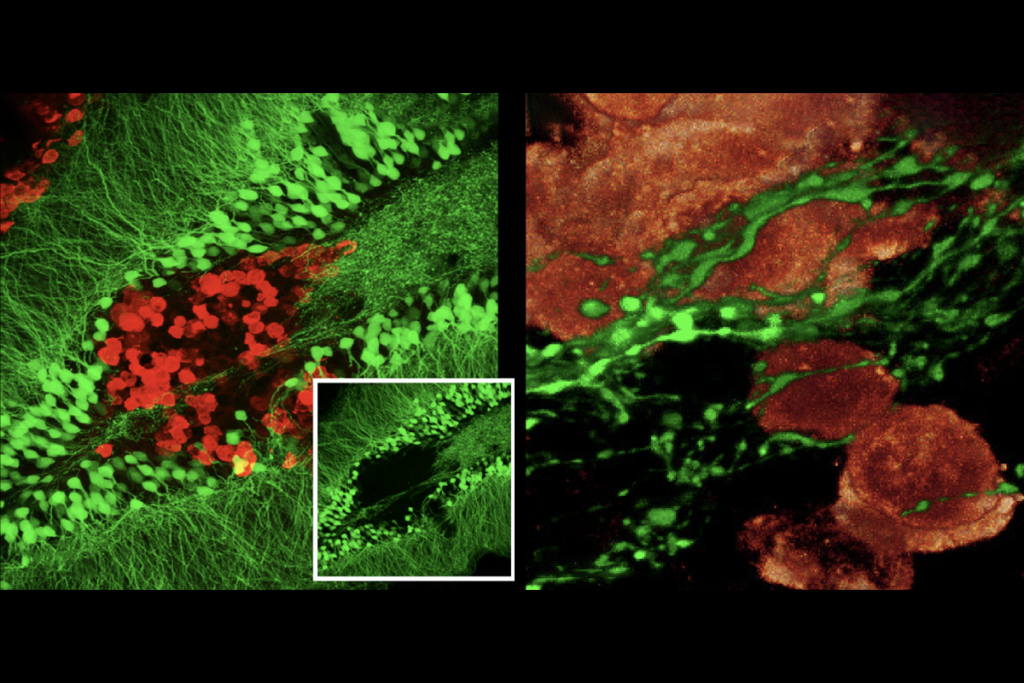
Neurons fuel lung tumors that have spread to brain
Functional synapses between brain cells and cancer cells are key to the metastatic growth, according to new findings from two independent teams.
Nature retracts paper on novel brain cell type against authors’ wishes
A 2022 paper was retracted after an independent team of researchers reanalyzed the data and questioned its validity.
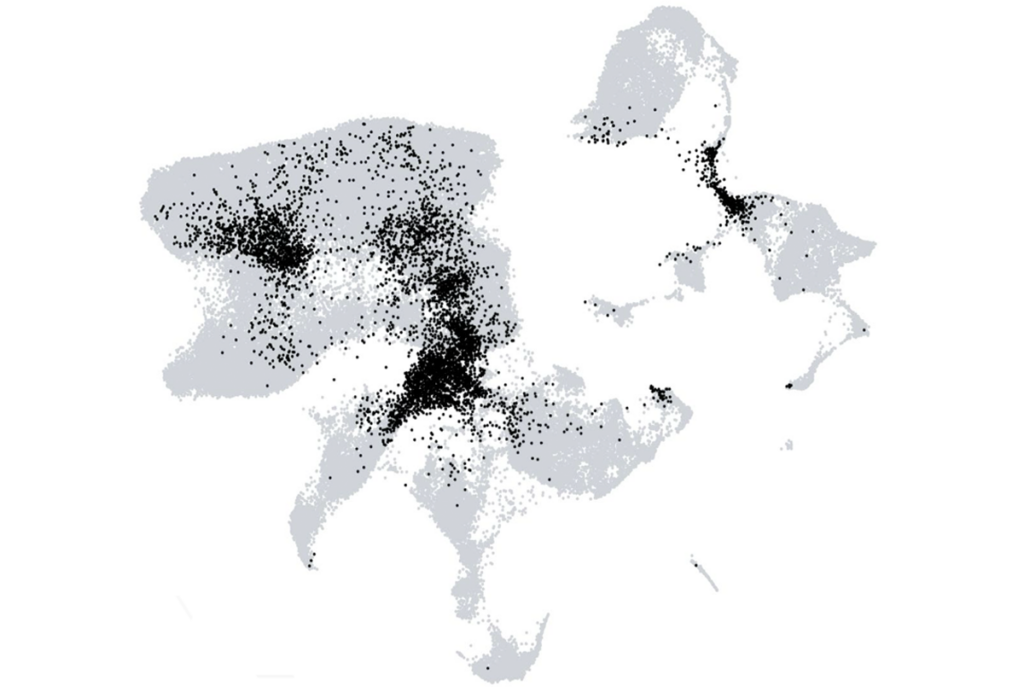
Nature retracts paper on novel brain cell type against authors’ wishes
A 2022 paper was retracted after an independent team of researchers reanalyzed the data and questioned its validity.
Genetic background steers PTEN syndrome traits
People with the syndrome, caused by variants in the gene PTEN, often have autism or cancer, or both, but it depends on the genetic diversity encoded in the components of distinct cell signaling pathways, according to a new study.

Genetic background steers PTEN syndrome traits
People with the syndrome, caused by variants in the gene PTEN, often have autism or cancer, or both, but it depends on the genetic diversity encoded in the components of distinct cell signaling pathways, according to a new study.
2025 Brain Prize honors pair of cancer neuroscientists
Michelle Monje and Frank Winkler share the $1.4 million award for their discovery of synapses between brain cancer cells and neurons.

2025 Brain Prize honors pair of cancer neuroscientists
Michelle Monje and Frank Winkler share the $1.4 million award for their discovery of synapses between brain cancer cells and neurons.
New human brain atlas charts gene activity and chromosome accessibility, from embryo to adolescence
The resource profiles millions of single cells across the developing cortex, revealing when, where and how certain cell types emerge and illuminating possible origins of autism and other conditions.
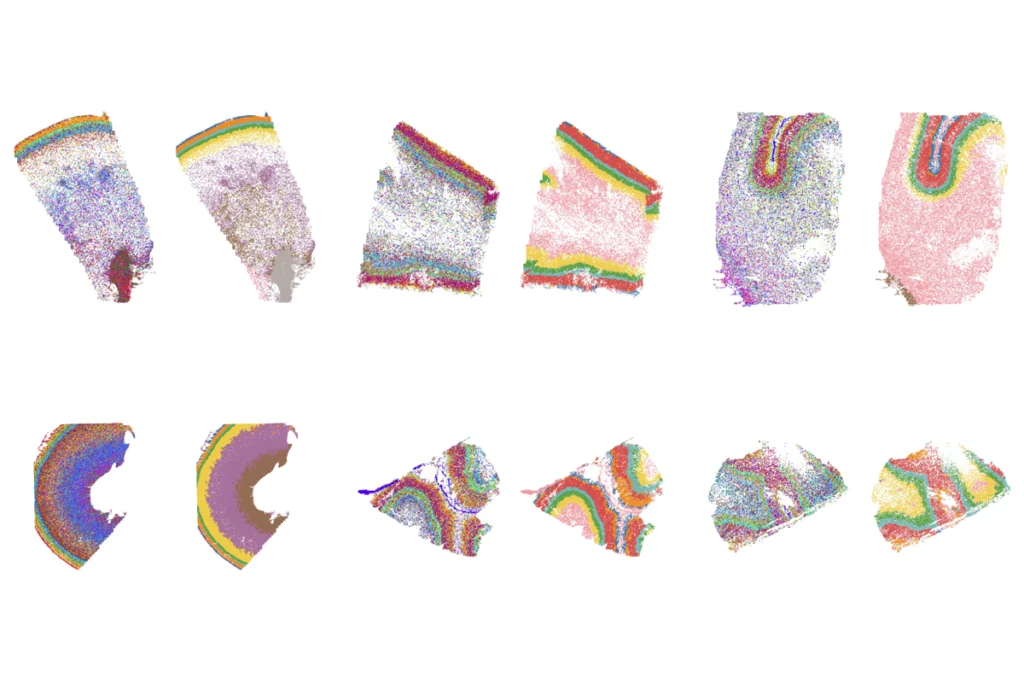
New human brain atlas charts gene activity and chromosome accessibility, from embryo to adolescence
The resource profiles millions of single cells across the developing cortex, revealing when, where and how certain cell types emerge and illuminating possible origins of autism and other conditions.
Understanding fragile X syndrome
Just in time for Fragile X Awareness Month, The Transmitter rounds up notable coverage.
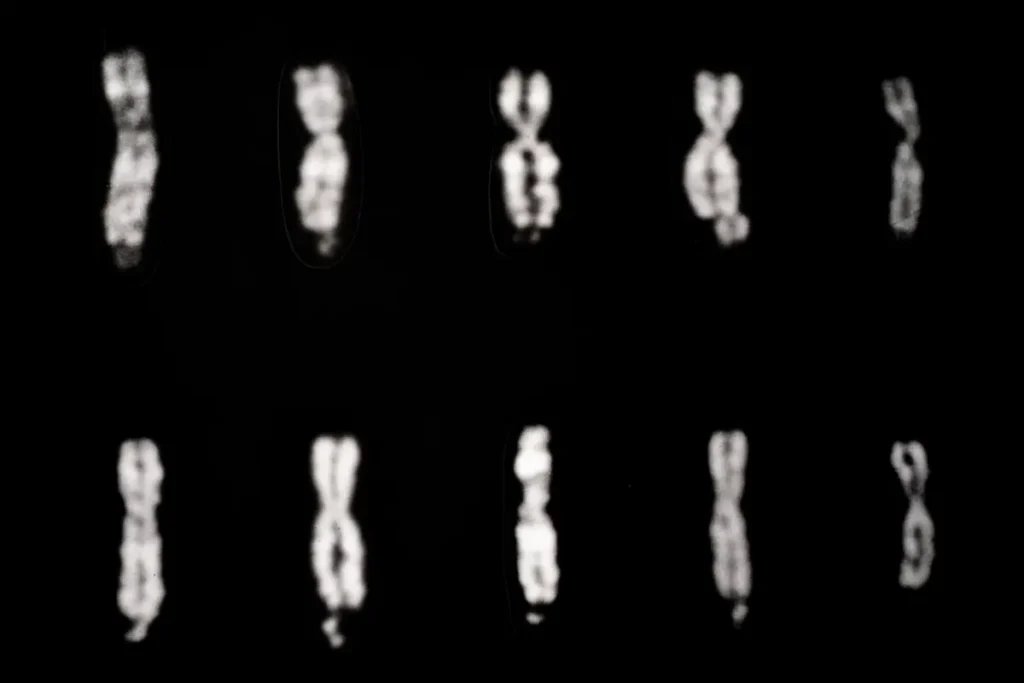
Understanding fragile X syndrome
Just in time for Fragile X Awareness Month, The Transmitter rounds up notable coverage.
Faked results lead to retraction of high-profile cancer neuroscience study
An investigation found that the experiments required more animals than the scientists had purchased.

Faked results lead to retraction of high-profile cancer neuroscience study
An investigation found that the experiments required more animals than the scientists had purchased.
Going deep: The Transmitter’s top long-form stories in 2023
Our favorite features and book excerpts from the past year delved into the neurobiology of cancer; problems with survey data; free will; mathematical minds; and questions around one startup’s quest to treat brain conditions with cell therapies.
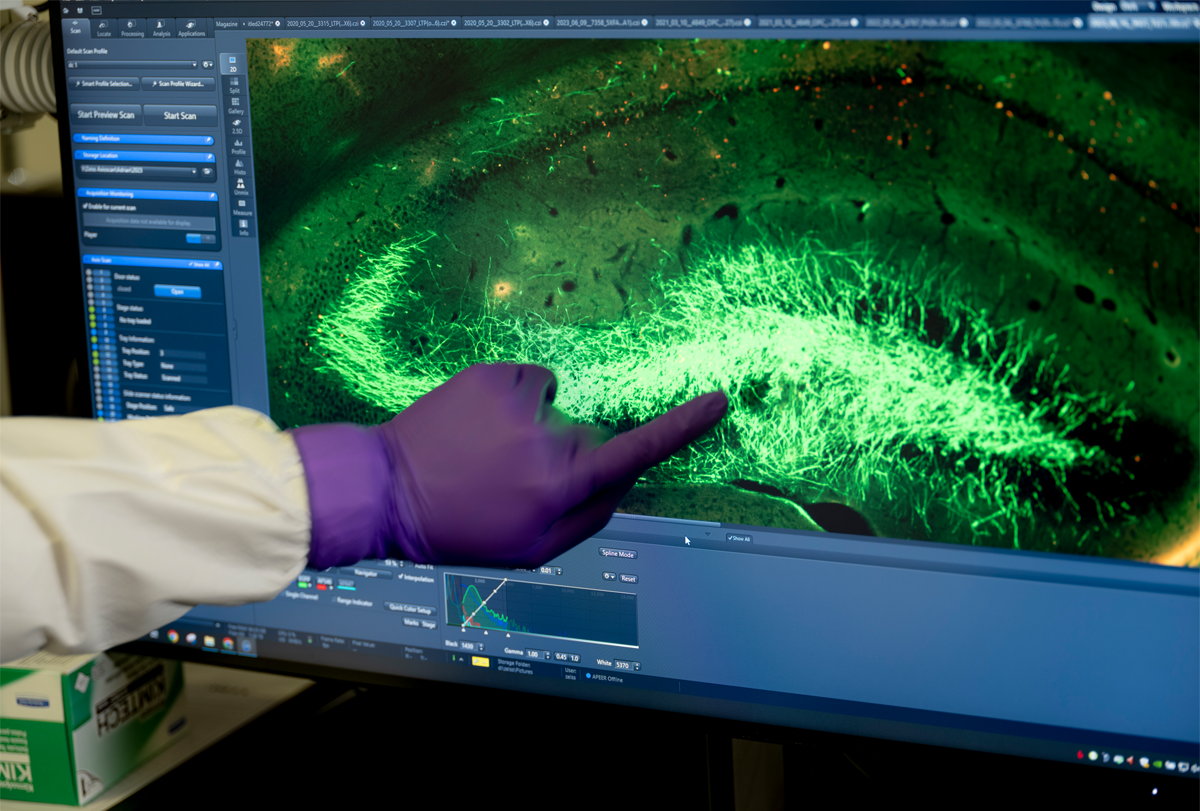
Going deep: The Transmitter’s top long-form stories in 2023
Our favorite features and book excerpts from the past year delved into the neurobiology of cancer; problems with survey data; free will; mathematical minds; and questions around one startup’s quest to treat brain conditions with cell therapies.
Making cancer nervous
Nerve cells in the brain and throughout the body can turbocharge tumor growth — a finding that not only expands conventional ideas about the nervous system but points to novel therapeutic targets for a range of malignancies.
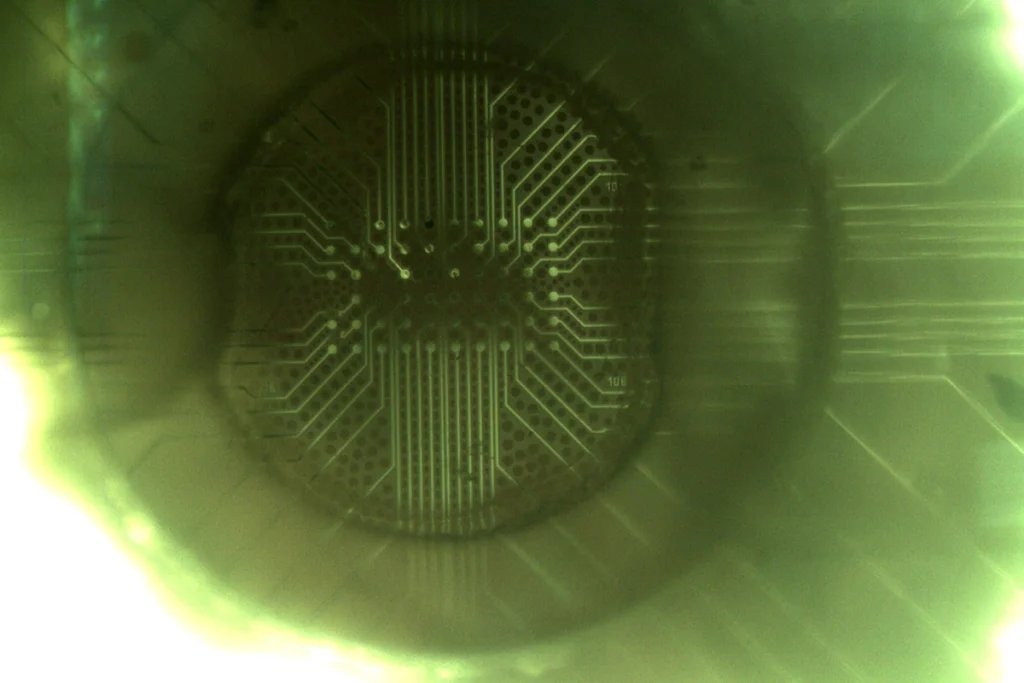
Making cancer nervous
Nerve cells in the brain and throughout the body can turbocharge tumor growth — a finding that not only expands conventional ideas about the nervous system but points to novel therapeutic targets for a range of malignancies.
Mitochondria mediate effects of PTEN mutations
Whole-genome sequencing data — which include information about mitochondrial DNA — offer clues to why mutations in the same gene can lead to autism or cancer.

Mitochondria mediate effects of PTEN mutations
Whole-genome sequencing data — which include information about mitochondrial DNA — offer clues to why mutations in the same gene can lead to autism or cancer.
Explore more from The Transmitter
Frameshift: Raphe Bernier followed his heart out of academia, then made his way back again
After a clinical research career, an interlude at Apple and four months in early retirement, Raphe Bernier found joy in teaching.

Frameshift: Raphe Bernier followed his heart out of academia, then made his way back again
After a clinical research career, an interlude at Apple and four months in early retirement, Raphe Bernier found joy in teaching.
Organoid study reveals shared brain pathways across autism-linked variants
The genetic variants initially affect brain development in unique ways, but over time they converge on common molecular pathways.

Organoid study reveals shared brain pathways across autism-linked variants
The genetic variants initially affect brain development in unique ways, but over time they converge on common molecular pathways.
Single gene sways caregiving circuits, behavior in male mice
Brain levels of the agouti gene determine whether African striped mice are doting fathers—or infanticidal ones.

Single gene sways caregiving circuits, behavior in male mice
Brain levels of the agouti gene determine whether African striped mice are doting fathers—or infanticidal ones.